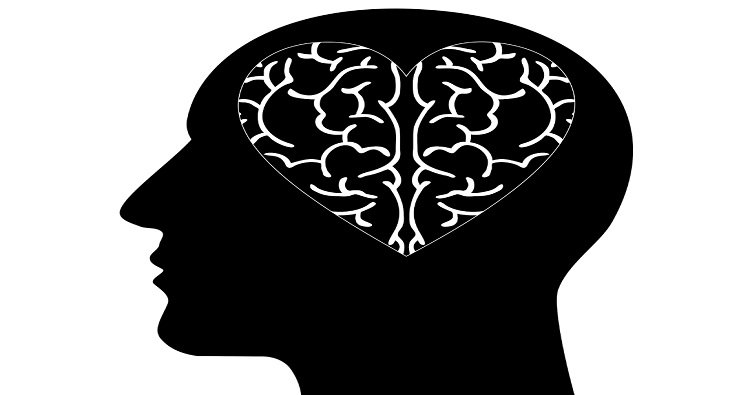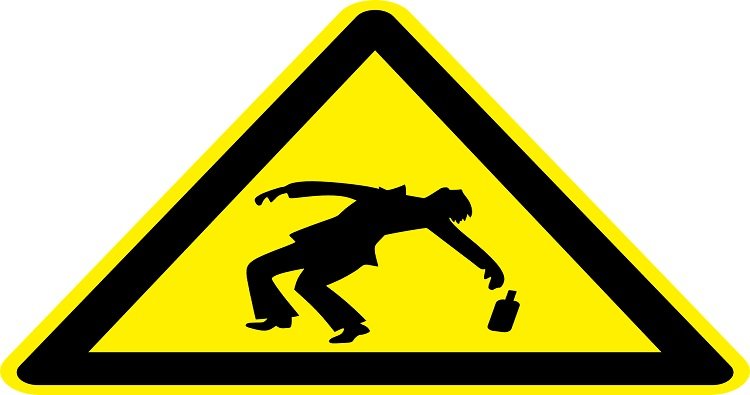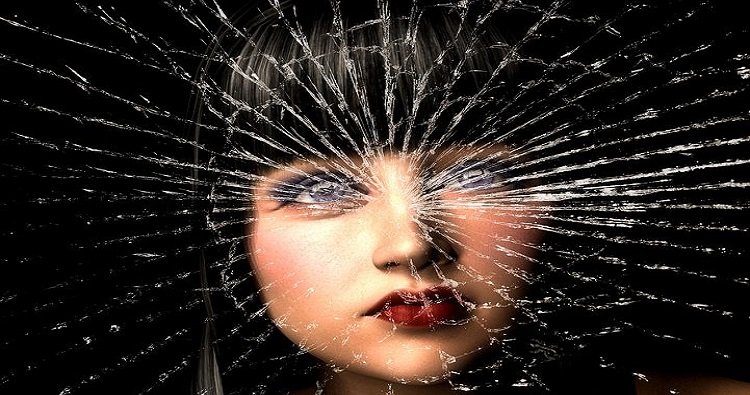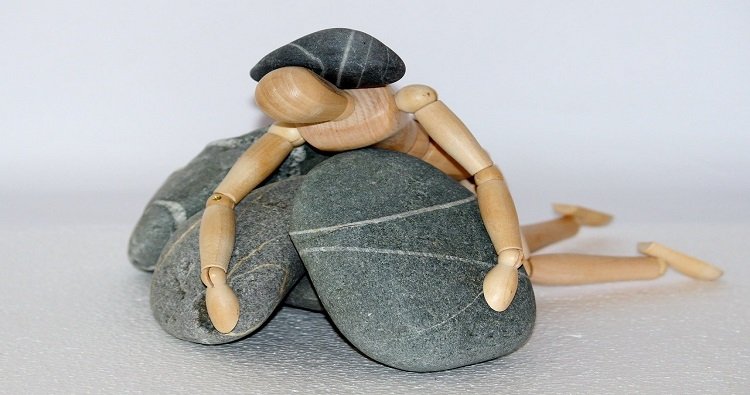- + 91 9958444373
- Malviya Road Dehradun, UK, India.
Blogs detail

Youth and Mental Health in India
- 2020-07-25
Youth, the period from adolescence to early adulthood. The prime years where a person goes through a lot of changes and simultaneously has to cope up with such changes also.
Sometimes, while going through this transitioning phase, there are also at risk of developing mental illness likewise.
The topic of mental health/mental illness is still a taboo in India to some extent. Our society still hasn't accepted this as a proper condition as they do in case of any physical illness.
Let's take a look at the statistical data of the prevalence of mental disorders among youth-
Our world is home to 1.8 billion young people age 10-24 yrs., contributing about one-fourth of the total world population. Nine out of 10 of them live in less developed countries.
About 20-25 percent of young people suffer from Mental and Substance Use Disorders (MSUDs) worldwide. Recently concluded the National Mental Health Survey of India estimates the current prevalence of mental disorders in the age group of 18-29 yrs. at 7.39 percent (excluding tobacco use disorder) and lifetime prevalence at 9.54 percent. The prevalence of mental disorders (excluding SUDs) in the age group of 13-17 yrs. is reported to be 7.3 percent. The young people also suffer a high rate of self-harm, with suicide being a leading cause of death. About half of all mental illnesses are known to begin by the age of 14 and three-quarters by mid-20s. Since the MSUDs tend to have a chronic relapsing course, taking care of the mental health of young people becomes a priority.
The above statistical data shows us that the youth are at the utmost risk of developing any type of mental illness and fall prey to addiction.
Sometimes we people are very insensitive to other's feelings, emotions unknowingly. We say certain things that push the person seeking help, far away, and just add more to their turmoil.
How do we as youth ourselves respond to mental health?
It feels proud to see that today’s generation is becoming more and more aware and accepting of the concept of “mental health”. They’re giving it the much-needed attention and support.
Many of us are also going through certain mental health matters like anxiety (most common), depression, social anxiety, etc. which helps in understanding others, being more empathetic towards them.
Even so, there are some portions of us that are disrespectful, insensitive, and debase the mental health of others around them. They might do it unknowingly because of a lack of awareness.
Many engage in cyberbullying, that deteriorates the victim’s mental health, commenting hurtful and even shameful things online is very toll taking on the person receiving them. Many even commit suicide because of the constant bullying, even in real life also.
Thus, there is a dire need for people to be aware of how to behave around people, to know that their mindless actions have consequences.
We need to normalize mental health as any other physical health as more people will be able to reach out to help.
How do people around us (youth) respond to mental health?
Suppose, if they get to know or even don't know that someone is suffering from any type of mental illness, what do we get to hear for responses?
The most common are-
Abey Pagal hai Kya? (are you mad?)
Ye sab Kuch ni Hota sab Natak hai! (it's nothing, stop acting up)
Drame hai/bahane hai (begging for attention/ excuses)
Kya bs dukhi dukhi rehta h? Chill kar yaar (stop brooding and learn to chill)
Lazy hai bs (just lazy)
From whom do we get to hear this - our parents, friends, neighbors, most of the people around us. I know most of you reading this must be like “no, I don't say all this I am more responsive”. It's not about just commenting the same, but also how you behave around them, are you there for them when they want you? Do you listen to those silent cries for help?.
India is a land where superstitious beliefs are dominant over scientific beliefs. A person suffering from a psychotic disorder like schizophrenia, dissociative (multiple) identity disorder is considered to be possessed by some ghost, or plainly labeled as insane. Thus, some of them are treated inhumanely also.
Many times the mental illnesses are unable to identify among the teenagers as they are generally seen as their “rebellious phase”. Our parents, even friends are the immediate help that we can think of, thus it's necessary for them to be more aware of mental health matters as to help and be there for them.
People should realize that discussing mental health isn't something to be ashamed of or embarrassed about. Just like physical illness, mental health can be treated and people do get better with the help of proper treatments and constant support. Those dealing with mental health problems show drastic changes or even subtle changes, it's on us how quickly we catch on to those cues and help them.
For e.g. someone having suicidal thoughts will show certain alarming symptoms like total withdrawal from everyone, talking about dying, how everything seems useless, and prefer dying.
So let that person alone because you don't want to talk about such things is very harmful to the person suffering. Approach them, strike up a conversation, let them know they can reach out for help.
Hence, we should learn to be more aware of mental health matters. It can affect anyone and at any time. Mental illnesses are not a sign of weakness and most importantly nothing to be ashamed of. You're brave if you acknowledge and accept the mental health matters and are ready for lending a helping hand.
REFERENCES
Age of onset of mental disorders: a review of recent literature. Kessler RC, Amminger GP, Aguilar-Gaxiola S, Alonso J, Lee S, Ustün TB Curr Opin Psychiatry. 2007 Jul; 20(4):359-64.
Mental health of young people: a global public-health challenge. Patel V, Flisher AJ, Hetrick S, McGorry P Lancet. 2007 Apr 14; 369(9569):1302-1313.
Gururaj G, Varghese M, Benegal V, Rao GN, Pathak K, Singh LK NMHS Collaborators Group. NIMHANS Publication No. 129. Bengaluru: National Institute of Mental Health and Neuro Sciences; 2016. National mental health survey of India, 2015-16: Prevalence, patterns, and outcomes.
Suicides in young people in rural southern India. Aaron R, Joseph A, Abraham S, Muliyil J, George K, Prasad J, Minz S, Abraham VJ, Bose A Lancet. 2004 Apr 3; 363(9415):1117-8.
Contact now
We are a group of health professionals, including Psychologists, Clinical psychologist, Rehabilitation Psychologist, Counsellors, Mindfulness Experts and Social Workers. We are working since 2018 in India to foster mental health.
Contact Us
recent blogs
-

SADNESS AND DEPRESSION ARE DIFFERENT!
2020-06-16 -

ALCOHOL USE DISORDER (AUD)
2020-06-19 -

SEASONAL AFFECTIVE DISORDER (SAD)
2020-06-12 -

UNDERSTANDING MINDFULNESS MEDITATION
2020-06-03 -

BURDEN OF DEPRESSION
2020-06-17







